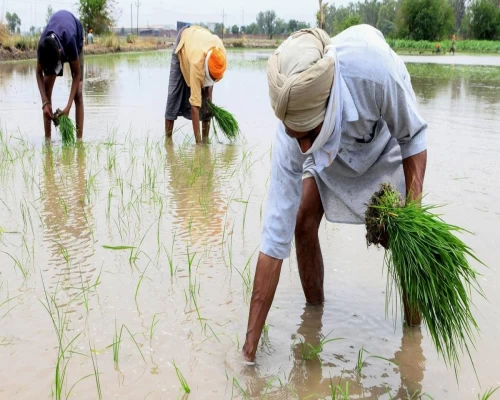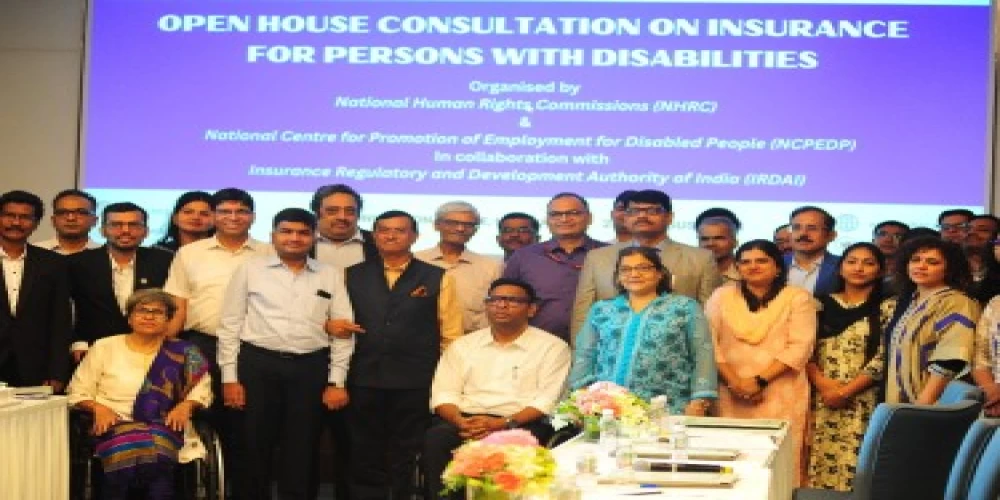
Mumbai: Responding to call for rationalizing and institutionalizing insurances for disabled people by the National Centre for Promotion of Employment for Disabled People (NCPEDP), the National Human Rights Commission (NHRC) in collaboration with the disability rights group and Insurance Regulatory Development Authority of India (IRDAI) on Friday brought together all insurance companies to deliberate and spell out a vision for future of insurance for the disabled people. There was consensus among participants on designing special insurance products for disabled to bring India at par with developed countries which have standardized insurance modules, as well as creating mechanisms for addressing concerns and grievances of this group.
Dr DM Mulay, Member, NHRC said that there was an urgent need to provide social and financial empowerment to the disabled to ensure that society moves forward while Mandakini Balodhi (Director) Insurance, Ministry of Finance; Rajeev Sharma, Joint Secretary, Ministry of Social Justice and Empowerment; and Dr. Vipin Kumar Singh, Director National Health Authority echoed and acknowledged the needs of disabled people.
“Despite the stated principles of the RPWD Act 2016 of equality and non-discrimination, disabled people in India face discrimination in health insurance. The gaps in the present health insurance coverage for disabled people include denial of coverage, inconsistent testing requirements, and limited coverage for their specific needs. Regulations are needed to ensure affordable and comprehensive access to assistive products and services,” said Arman Ali, Executive Director, NCPEDP.
In this backdrop, Devendra K Nim, Joint Secretary of NHRC, applauded the initiative of bringing together stakeholders, and said, “This pioneering effort brings government, IRDAI, insurance firms & disability sector on a common platform to comprehend the challenges. We're collectively responsible for meeting the needs of the disabled, and achieving the objectives of today's discussion.”
Stakeholders at this special consultation said there was a need to work concertedly in this direction. “Challenges are diverse and so are the solutions. While India is in its early stages of insurance development compared to developed countries, we're committed to ensuring improvements. IRDAI will collaborate harmoniously to enhance the insurance landscape,” said Pankaj Tewari, GM, IRDAI.
Disability advocacy groups in India have long been pushing for comprehensive health insurance coverage for disabled people. Following Delhi High Court's guidelines in December 2022, IRDAI, on February 27, 2023, mandated insurers to offer annual health coverage to PWDs, HIV-positive, and mentally disabled individuals. IRDAI instructed insurers to devise inclusive insurance products aligned with disabled people's essential recommendations.
However, several insurance companies are limiting coverage to those with benchmark disabilities, which contradicts the legal framework. The websites, apps, and claims processes of these insurers do not adhere to accessibility standards mandated by the RPWD Act, highlighted advocacy groups.
Insurance policies don't adequately cover the expenses for assistive technologies, such as purchasing, maintaining, repairing, or replacing them. “Recently I got my wheelchair insured after a long struggle of two years, perhaps the first in India. There is a massive lack of awareness. Disabled people in India still lack comprehensive health insurance, highlighting glaring gaps in disability inclusion in our healthcare system. This issue is especially pressing, given the health risks and added costs they endure,” added Ali.
The two technical sessions of the round table discussion deliberated on the identification of issues of persons with disabilities in seeking insurance facilities and identification of provisions and issues faced by insurance companies with respect to providing insurance to disabled people and the way forward. /BI/


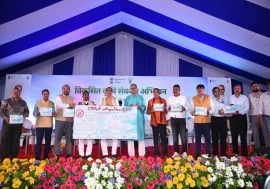
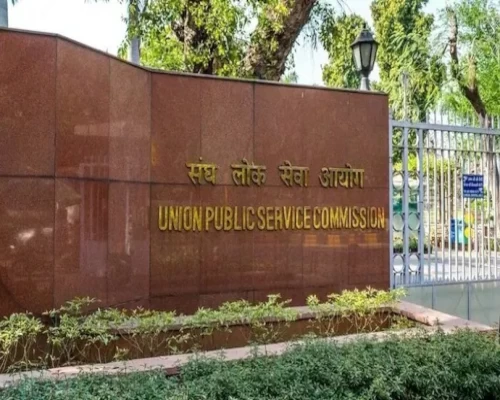


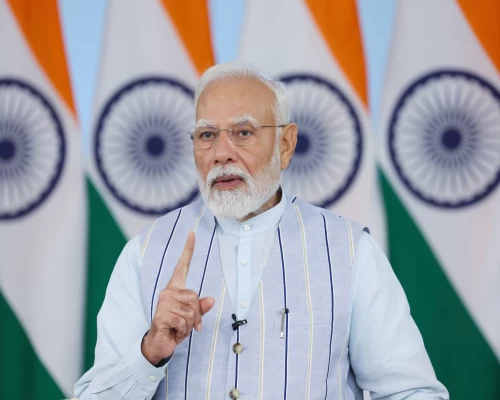
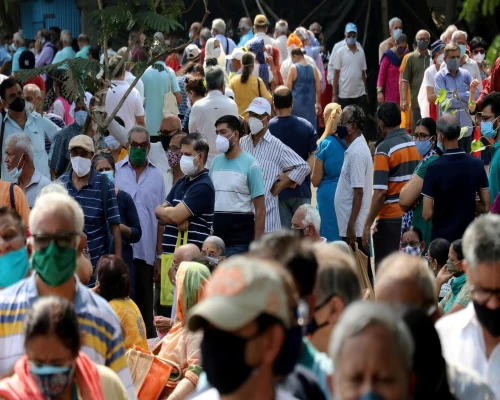

 (13)_500_x_400.webp)
